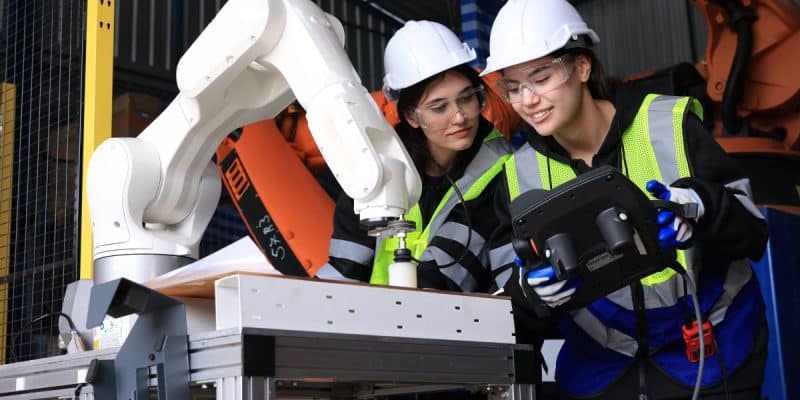The Research Institute of Development (IRD) recently launched its new "ClimatSuds" platform to improve access to climate data in Africa and other regions regularly targeted by natural disasters.
The Research Institute of Development (IRD) has come up with yet another technological solution for the advancement of humanity. The digital platform, ClimatSuds, “centralises climate data to better analyse” the vulnerability of southern countries, particularly in Africa, South America and South-East Asia, which are considered by the United Nations to be the regions most vulnerable to natural disasters.
According to the IRD, which has its headquarters in Paris, France, ClimatSuds “brings together a wide range of information, including climate models, field data and indices on drought, fires and floods. As well as impact indicators tailored to socio-economic sectors”. The innovation is supported by the World Climate Research Programme (WCRP) based in Geneva, Switzerland.
It was designed by 35 scientists, including computer scientists and climatologists, who are keeping a close eye on global warming, particularly in developing countries. ClimatSuds, which is also intended as a “decision support” tool, should provide a map of environmental impacts and appropriate resilience solutions, particularly in agriculture, water management and biodiversity.
The eternal lack of access to climate data in Africa
In Africa, the lack of climate data, and in many other sectors, is a real headache, particularly when it comes to anticipating extreme weather events or assessing the damage they cause. A number of cities are paying a high price for this, according to the African Covenant of Mayors for Sub-Saharan Africa (CoM SSA), which is based in South Africa.
Read also- Hicham El Habti: « Africa will develop thanks to science and technology »
“Data is hard to come by in many African cities. First of all, it may simply not exist. But when it does exist, it is either sparse, in an unusable format or inaccessible. There are ways around this problem. For example, a detailed literature search can yield good results, and organising workshops with key municipal officials often helps to fill information gaps. However, this is not enough,” says the institution, which was set up in 2015.
Benoit-Ivan Wansi






